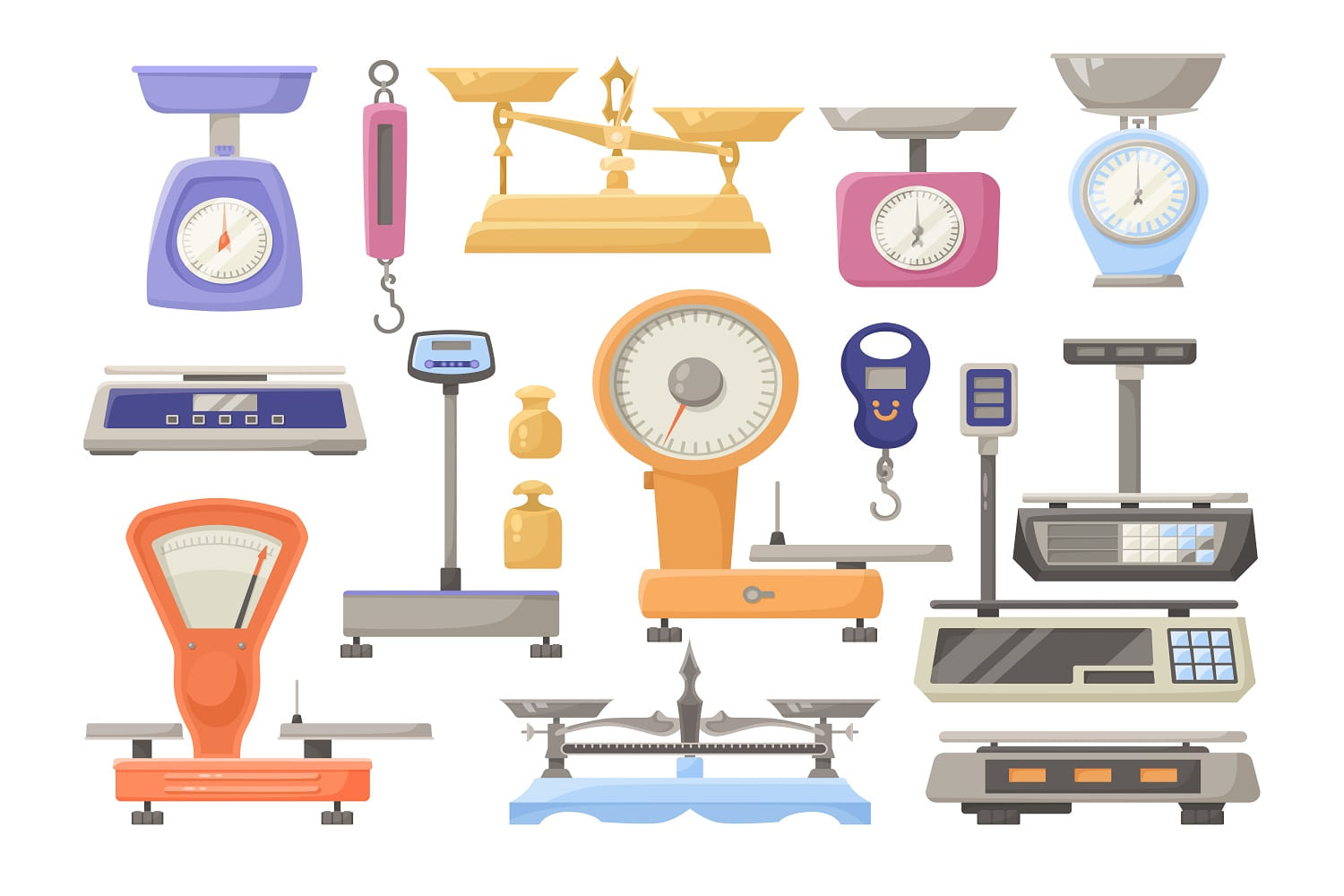In today’s competitive industrial landscape, accuracy and efficiency are not just priorities, they are necessities. Whether in manufacturing, logistics, pharmaceuticals, or agriculture, precision plays a crucial role in ensuring operations run smoothly. This is where industrial weighing scales step in, providing businesses with the reliability and accuracy they need to achieve consistent results.
Why Industrial Weighing Scales Matter
Unlike standard household or retail scales, industrial weighing scales are designed to handle heavy-duty operations and extreme conditions. From weighing raw materials in bulk to ensuring correct packaging of finished goods, these scales support a wide range of industries. They not only help reduce errors but also improve compliance with industry standards, which is critical in sectors such as food production and pharmaceuticals.
Accurate weighing translates into direct cost savings. Overfilling leads to waste and higher expenses, while underfilling risks regulatory issues and customer dissatisfaction. By investing in high-quality industrial weighing equipment, companies can maintain trust, reduce losses, and optimize their production lines.
Applications Across Industries
The versatility of industrial weighing scales makes them invaluable across various sectors:
- Manufacturing: Ensures consistent input of raw materials for quality control.
- Agriculture: Helps measure produce, feed, and fertilizers with accuracy.
- Logistics and Warehousing: Provides precise weights for shipping, reducing transport costs and avoiding penalties.
- Healthcare and Pharmaceuticals: Maintains strict compliance with dosage requirements, guaranteeing safety.
- Construction: Assists in measuring building materials to avoid waste and ensure structural integrity.
Each application demonstrates the scale’s ability to improve workflow efficiency and accountability in critical operations.
Benefits of Modern Weighing Technology
Advancements in weighing technology have transformed how industries operate. Modern industrial weighing scales come with digital displays, data logging capabilities, and even IoT integration. This means weight data can be automatically recorded, analyzed, and shared across systems, improving traceability and reducing human error.
Additionally, many scales are designed to withstand harsh environments, including moisture, dust, and temperature fluctuations. This durability ensures they remain reliable even in challenging conditions.
Choosing the Right Scale
When selecting an industrial weighing scale, businesses should consider factors such as capacity, accuracy, durability, and connectivity. For example, a logistics company may require a floor scale with a high weight capacity, while a pharmaceutical lab may need a precision bench scale for delicate measurements.
Working with a trusted supplier is equally important. A reliable partner ensures not only the quality of the equipment but also provides calibration, maintenance, and after-sales support to keep operations running seamlessly.
Final Thoughts
In an era where efficiency and precision define success, industrial weighing scales are more than just measurement tools—they are strategic assets for modern businesses. By integrating advanced weighing solutions, industries can ensure compliance, minimize waste, and optimize their workflows.
For companies aiming to stay ahead in today’s competitive marketplace, investing in high-quality industrial weighing equipment is not just a choice but a necessity.

